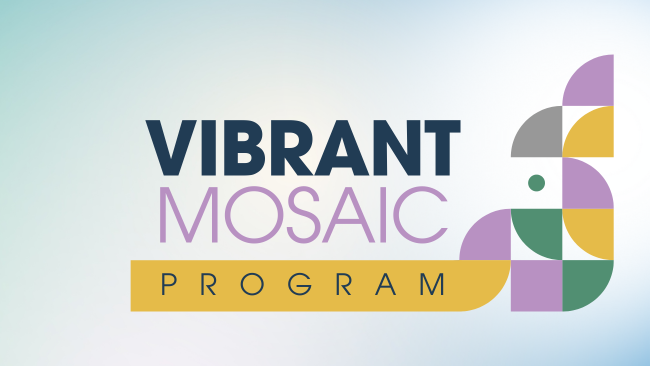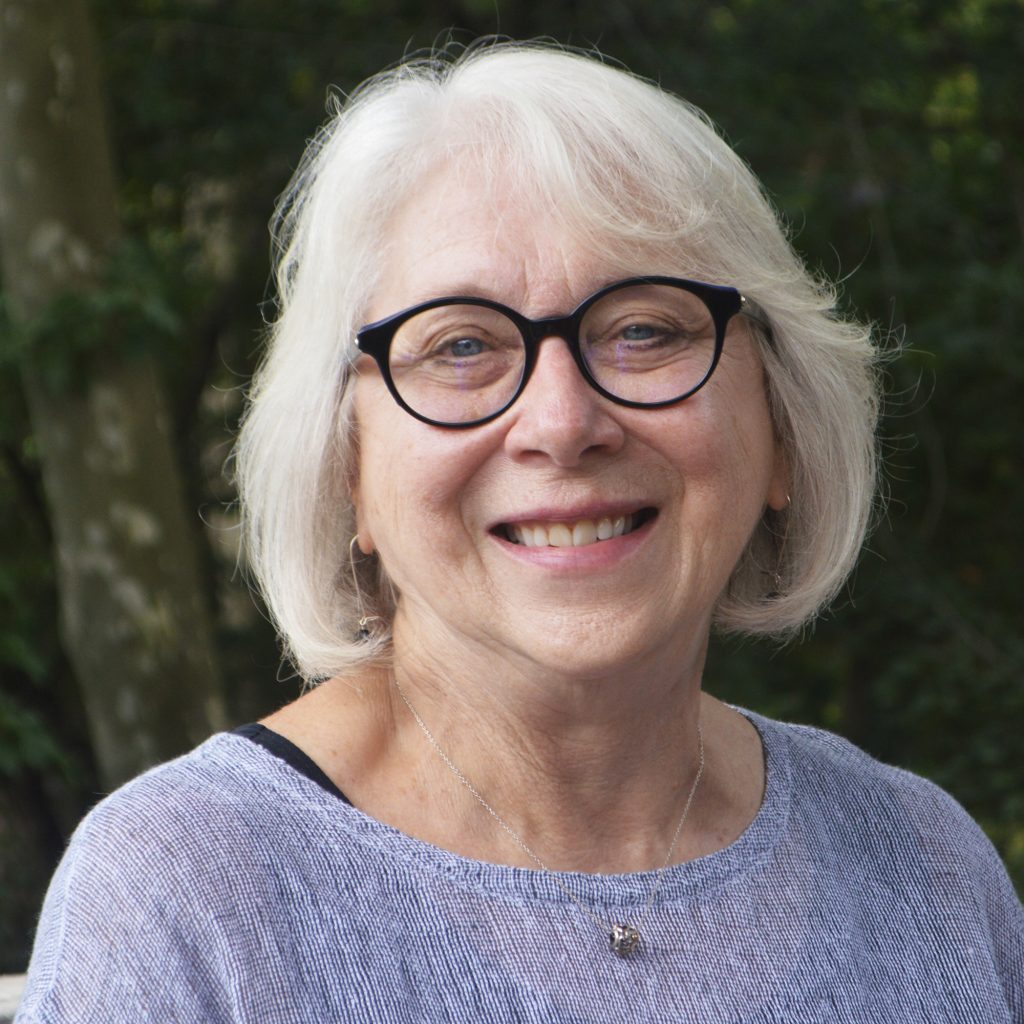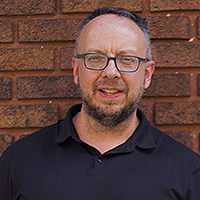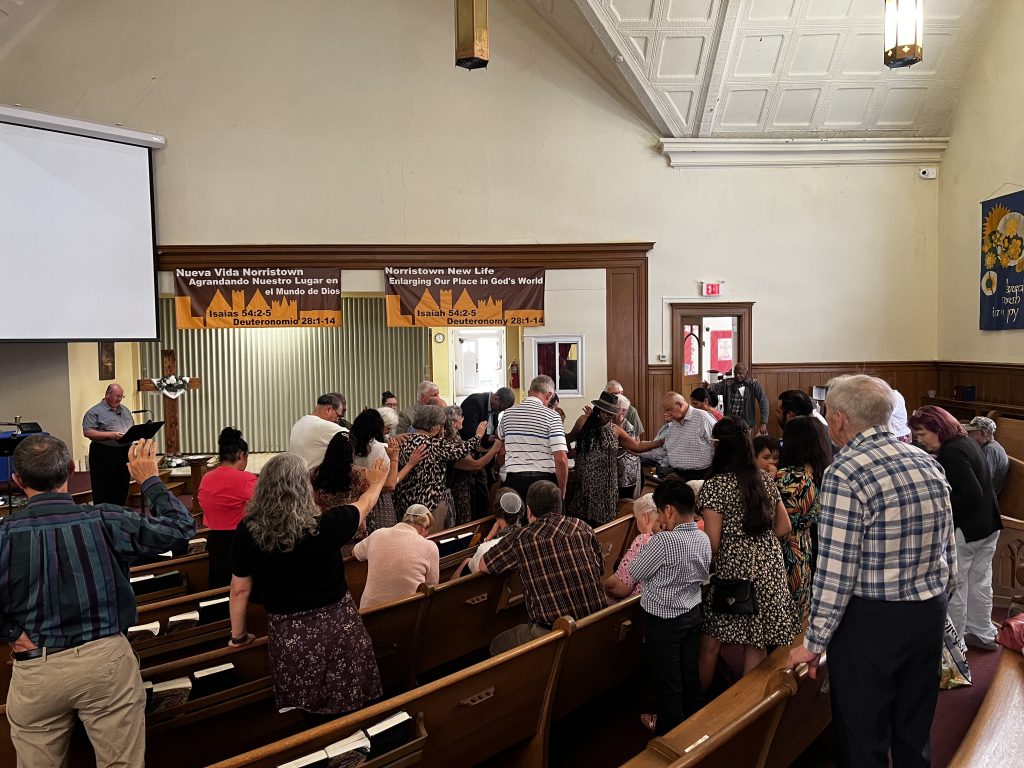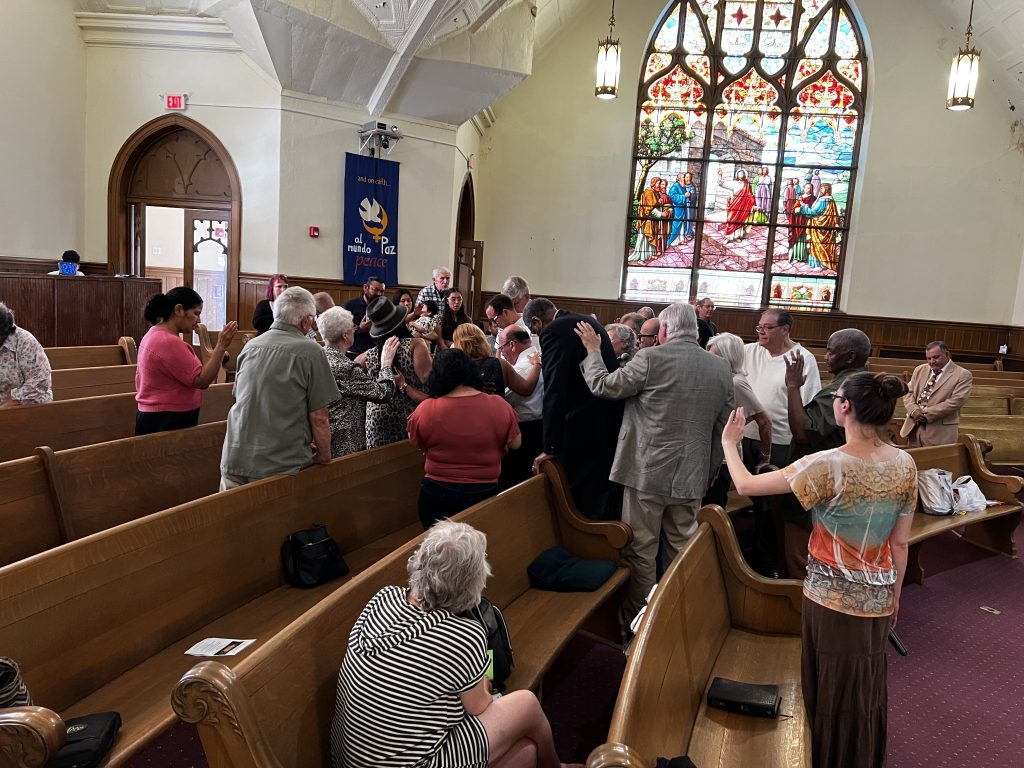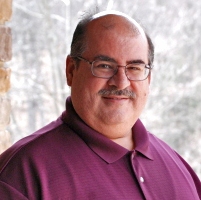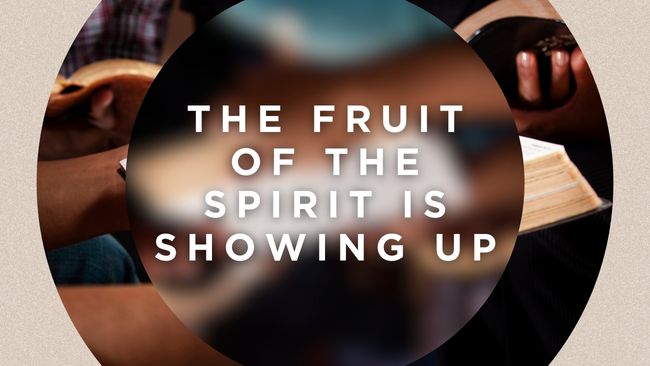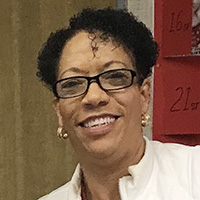by Jennifer Svetlik
During the June Mosaic board retreat, Leadership Ministers Rose Bender Cook and Noel Santiago offered a two-hour interactive equipping workshop to help create more shared language within Mosaic around discernment work.
In July, Mosaic staff and Pathways Steering Team members, along with board members who were not present at the retreat, joined virtually to participate in this discernment training.
The groups were invited to reflect on questions such as:
- How would you describe the difference between discernment and decision making?
- What do you think is needed to have a good corporate decision-making process? What are unhealthy practices that prevent good discernment?
Quoting from Henri Nouwen, Director of Collaborative Ministries Margaret Zook (Salford [Harleysville, PA]) shared, “As discerning people, we sift through our impulses, motives, and options to discover which ones lead us closer to divine love… Discernment reveals new priorities, directions, and gifts from God.”
Gary Alloway (Redemption Church of Bristol [PA]) shared, “Discernment assumes I don’t yet have what I need and must be open to imagination and creativity.”
Others reflected on the importance of setting group ground rules; listening well; asking the right questions; offering enough time for learning, listening, and reflection; finding courage to and having a safe space to speak up; and doing inner spiritual work to listen to God, prior to engaging in the group process.
“All voices need to be at the table, not just for listening but to be empowered to speak up and be a part of the process,” encouraged board member Maati Yvonne Platts (Nueva Vida Norristown [PA] New Life).
A communal storytelling of John 9 was also a central piece of the session, to help the group think together about the barriers to discernment or seeing God at work among us or in others. There was individual and group reflection on which of the story’s characters are most relatable, the emotions, motives, and power dynamics present, and how this story speaks into each’s leader’s discernment approaches and challenges.
Bender Cook and Santiago drew on the book Pursuing God’s Will Together by Ruth Haley Barton to share about healthy group discernment practices. They offered several resources for continued individual and group reflection and processes.
“The reflection on John 9 was a good springboard for discussion on spiritual vision,” shared Barbara Musselman (Zion [Souderton, PA]), who participated in the board equipping session in Vermont, with her spouse Jim Musselman, who is on the board.
“I had many takeaways. One of them was that discernment is breaking out of our usual binary of either/or thinking to find a new way of moving forward as co-conspirators in God’s Kingdom.” After the session, Musselman asked Bender Cook and Santiago if they would be willing to lead a similar session with the board and spiritual council at Zion.
“I look forward to wrestling with this and putting it into practice with my congregation,” she says.
Bender Cook and Santiago are also open to leading a session for your congregation or Conference-Related Ministry. The workshop can be offered in person or on Zoom and interpretation is available. Bender Cook and Santiago are also available to preach on discernment with the John 9 text. Please reach out to them if interested in these possibilities.
“Ultimately, we can attend discernment workshops, but the real work begins in how we live into those practices both individually and corporately,” encourages Bender Cook.
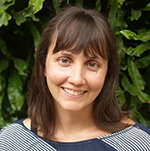
Jennifer Svetlik
Jennifer is Editor / Development Coordinator for Mosaic. She grew up near Houston, TX and spent a decade living in intentional community in Washington DC, before moving to Lansdale, PA with her spouse, Sheldon Good. She is a graduate of the University of Texas and Washington Theological Seminary. She serves as Children’s Faith Formation Director at Salford Mennonite (Harleysville, PA). Jenn has two elementary-school-aged children and loves biking, camping, gardening, and vermicomposting with her family.

